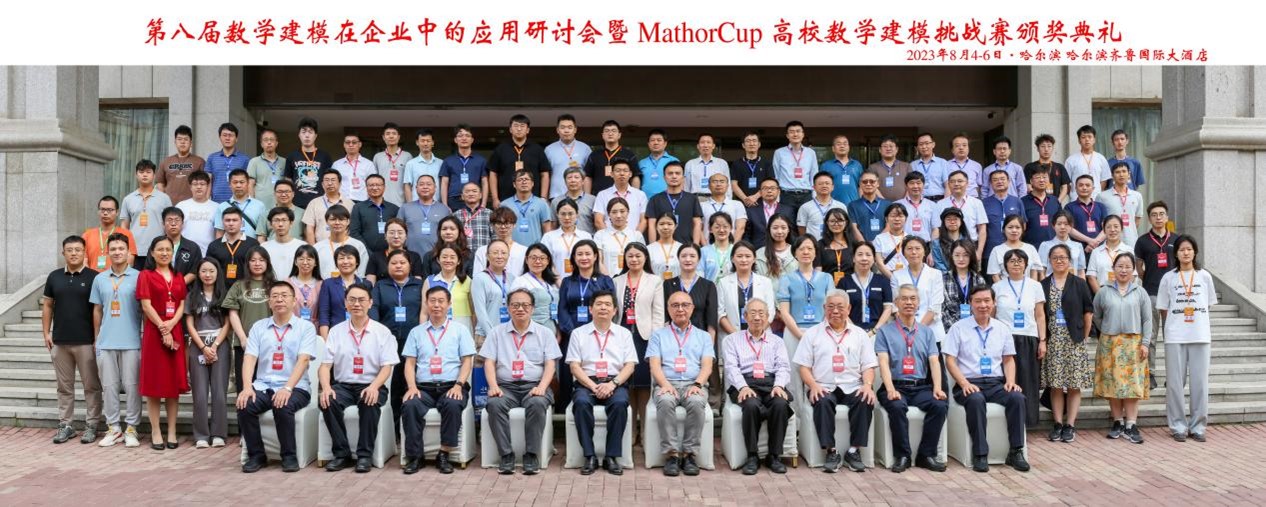From August 5th to 6th, the 8th Seminar on the Application of Mathematical Modeling in Enterprises and the 13th MathorCup College Mathematical Modeling Challenge Award Ceremony were grandly held at the Qilu International Hotel Conference Hall in Harbin. The event was organized by the China Society for Industrial and Applied Mathematics and the Sub-Committee on Mathematical Modeling and Algorithms, and organized by the School of Economics and Management at Harbin Engineering University.
The purpose of this seminar was to inherit and promote the idea advocated by Professor HUA Luogeng, which emphasizes the close integration of mathematics with industry applications. It aimed to provide a platform for communication between enterprises and the academic community, and promote the integration of industry, academia, and research. The conference invited experts, scholars, government officials, and business people from various research institutions, universities, and government departments across the country to attend. They made presentations and engaged in in-depth discussions on the topic of “The Application of Mathematical Modeling in Enterprises”.
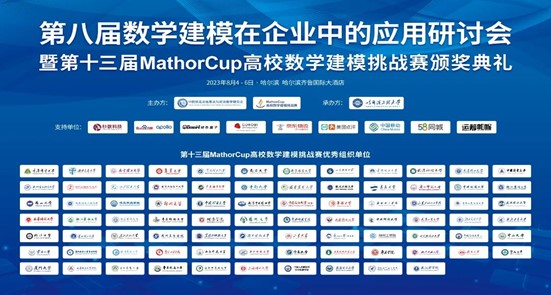
On the morning of August 5th, the participants gradually entered the venue. At 8:30 a.m., the opening ceremony of the 8th Seminar on the Application of Mathematical Modeling in Enterprises and the Award Ceremony of the 13th MathorCup Mathematical Modeling Challenge officially began.
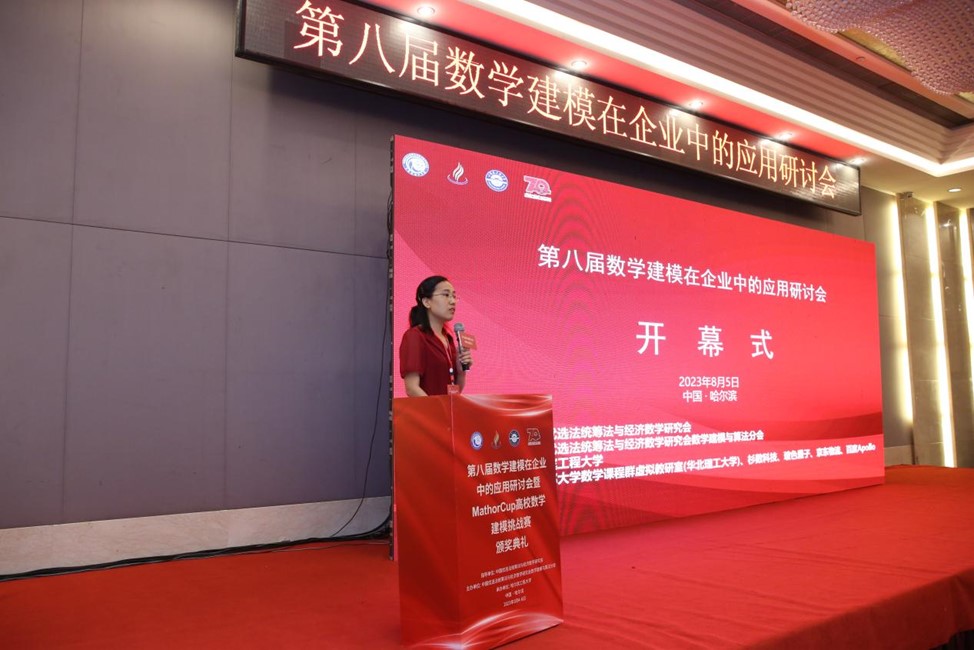
After the series of promotional videos ended, Professor HU Yuzhen affirmed the outstanding contributions made by Mr. HUA Luogeng and the historical connection between Mr. Hua and Daqing Oilfield in Heilongjiang Province. She then invited Professor CHEN Heng to preside over the event.
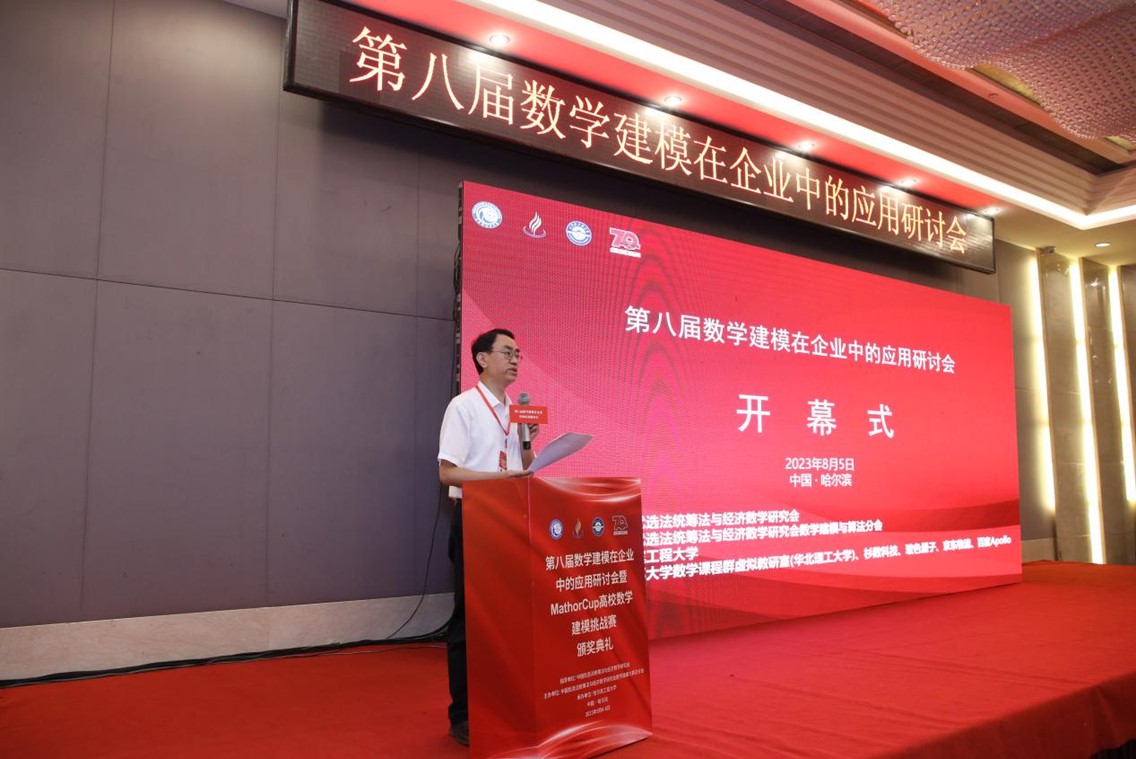
Professor CHEN Heng first introduced the leaders and guests attending the conference. The main leaders and guests present were:
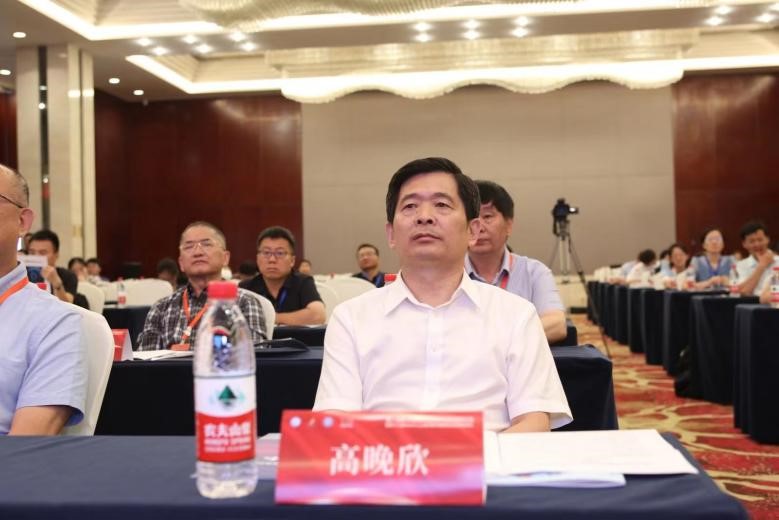
Professor GAO Wanxin, Deputy Secretary of the Party Committee of Harbin Engineering University
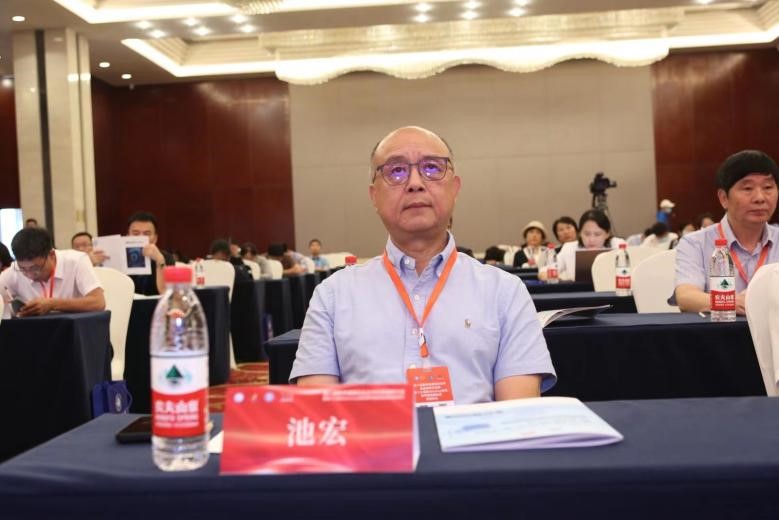
Researcher CHI Hong, Chairman of the Chinese Optimization Law and Economic Mathematics Research Association
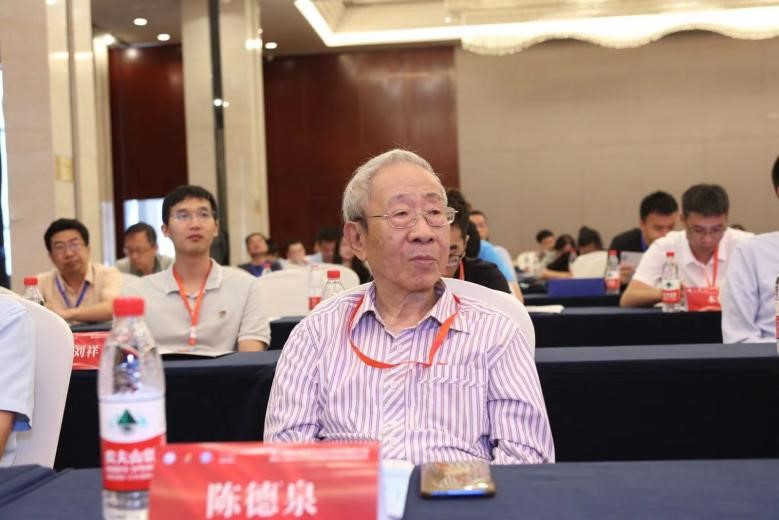
Researcher CHEN Dequan, former chairman of the Chinese Optimization Law and Economic Mathematics Research Association in the second and third terms
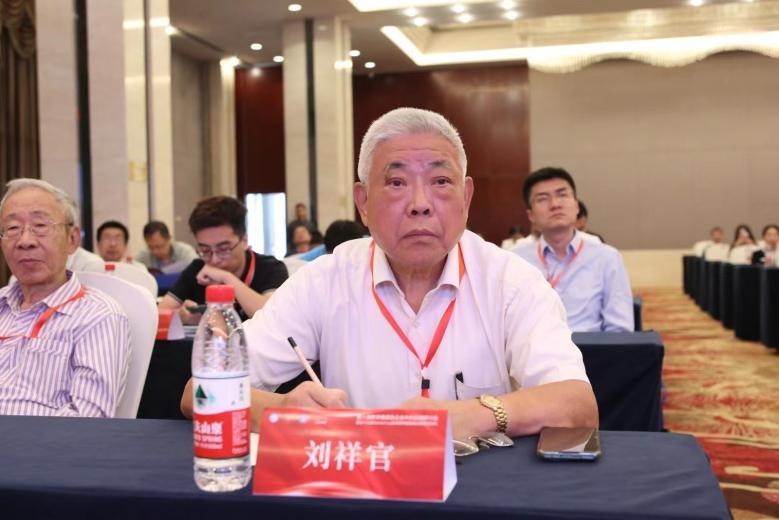
Professor LIU Xiangguan, Chairman of the Mathematical Modeling and Algorithm Branch of the Chinese Optimization Law and Economic Mathematics Research Association and leader of the expert group of MathorCup university mathematical modeling challenge, Zhejiang University
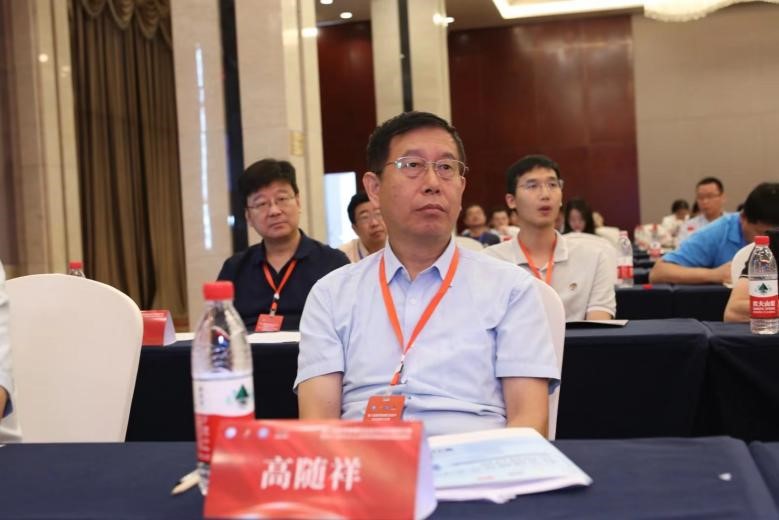
Professor GAO Suixiang, Chairman of the Mathematical Modeling and Algorithm Branch of the Chinese Optimization Law and Economic Mathematics Research Association
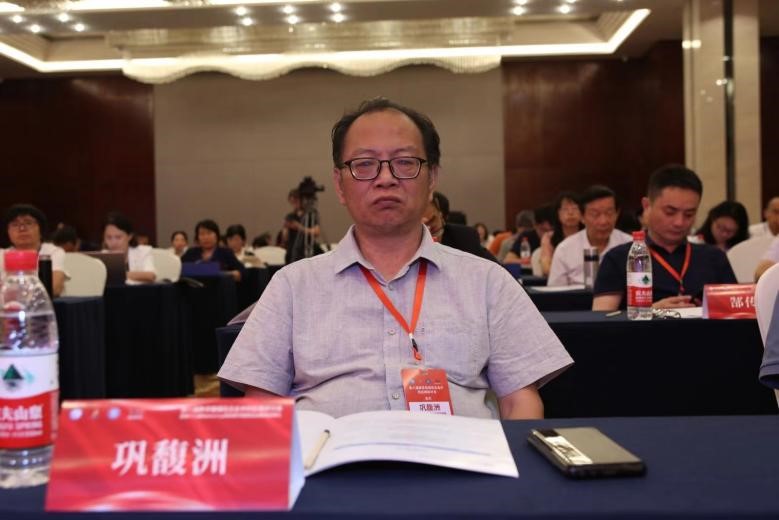
Researcher GONG Fuzhou, Deputy Director and Secretary-General of the Chinese Mathematical Society, Institute of Mathematics and Systems Science, Chinese Academy of Sciences
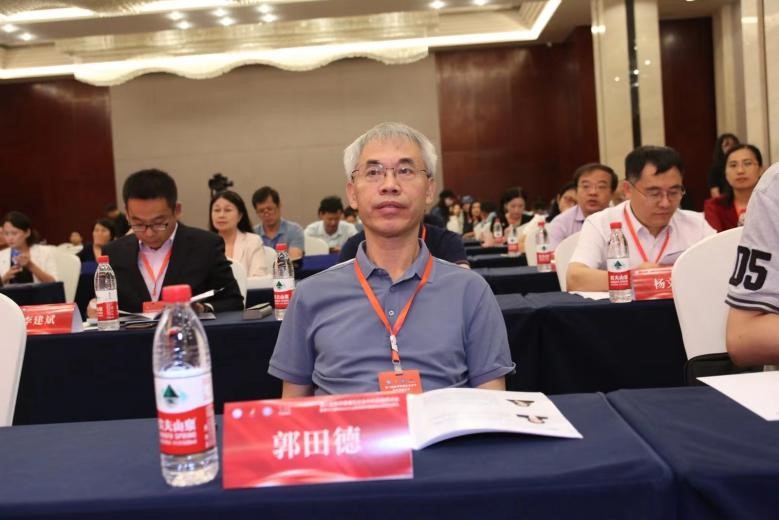
Professor Guo Tiande, Deputy Director of the Chinese Society for Operations Research, Vice Dean of the School of Mathematical Sciences, University of Chinese Academy of Sciences
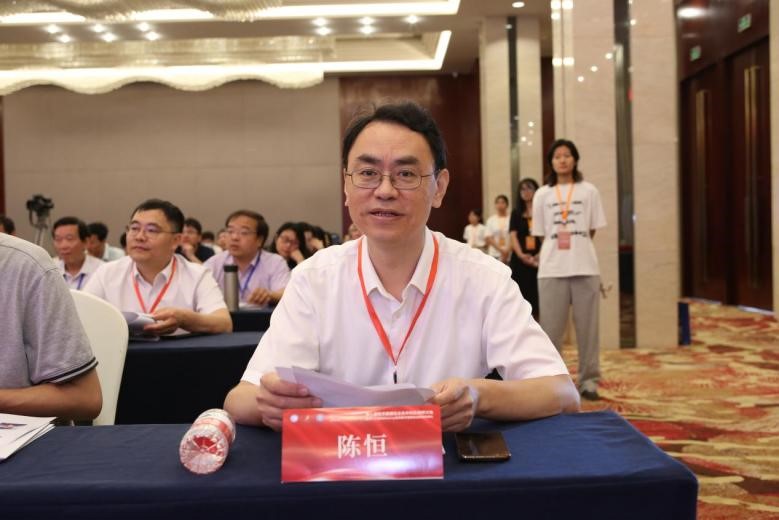
Professor CHEN Heng, Dean of the School of Economics and Management, Harbin Engineering University
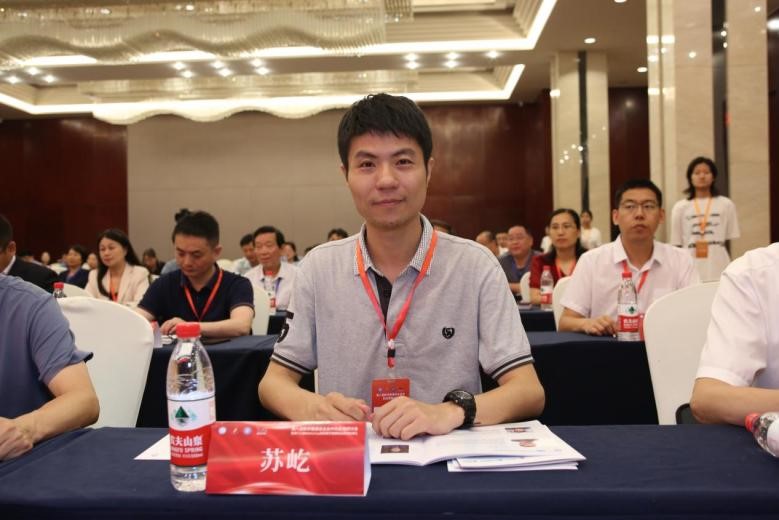
Professor SU Yi, Secretary of the Party Committee of the School of Economics and Management, Harbin Engineering University

Professor LIN Zefu, Secretary-General of the Chinese Optimization Law and Economic Mathematics Research Association
After introducing the main leaders and guests, Dean Chen Heng expressed sincere gratitude to the supporting enterprises and warmly welcomed the scholars, teachers, and corporate guests present at the conference.
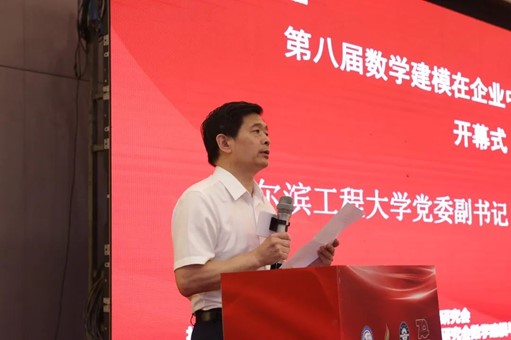
Professor GAO Wanxin, Deputy Secretary of the Party Committee of Harbin Engineering University, delivered a speech on behalf of the organizers. Firstly, he congratulated the successful opening of the conference and extended warm welcome and sincere greetings to the attending guests. Then, Professor GAO introduced the development situation and philosophy of the university, stated the emphasis on the development of management disciplines and the cultivation of talents in big data and artificial intelligence of Harbin Engineering University. He also pointed out that the purpose of this seminar is to carry forward Professor HUA Luogeng's advocacy of close integration between mathematics and industry applications, promote in-depth integration of industry, academia, and research, and make greater progress in the application of mathematical modeling in enterprises. Finally, Professor GAO expressed best wishes for the successful convening of the conference and wished it a complete success.
Subsequently, the award ceremony for the Mathematical Modeling Challenge took place. A total of 55 outstanding instructors and 87 excellent organizing units were elected in this competition. The awards were presented by Chairman CHI Hong, Professor GAO Wanxin, Professor LIN Zefu, Professor CHEN Heng, Professor GAO Suixiang, and Researcher CHEN Dequan. Among the student awards, JIANG Shuo and LIU Ankang from Harbin Engineering University won the third prize in the university mathematical modeling challenge.
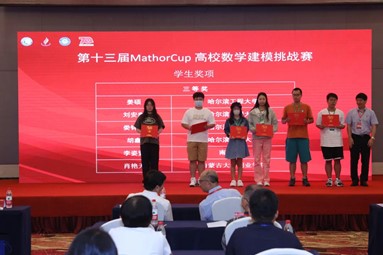
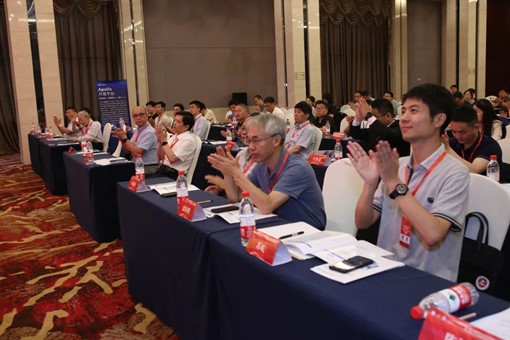
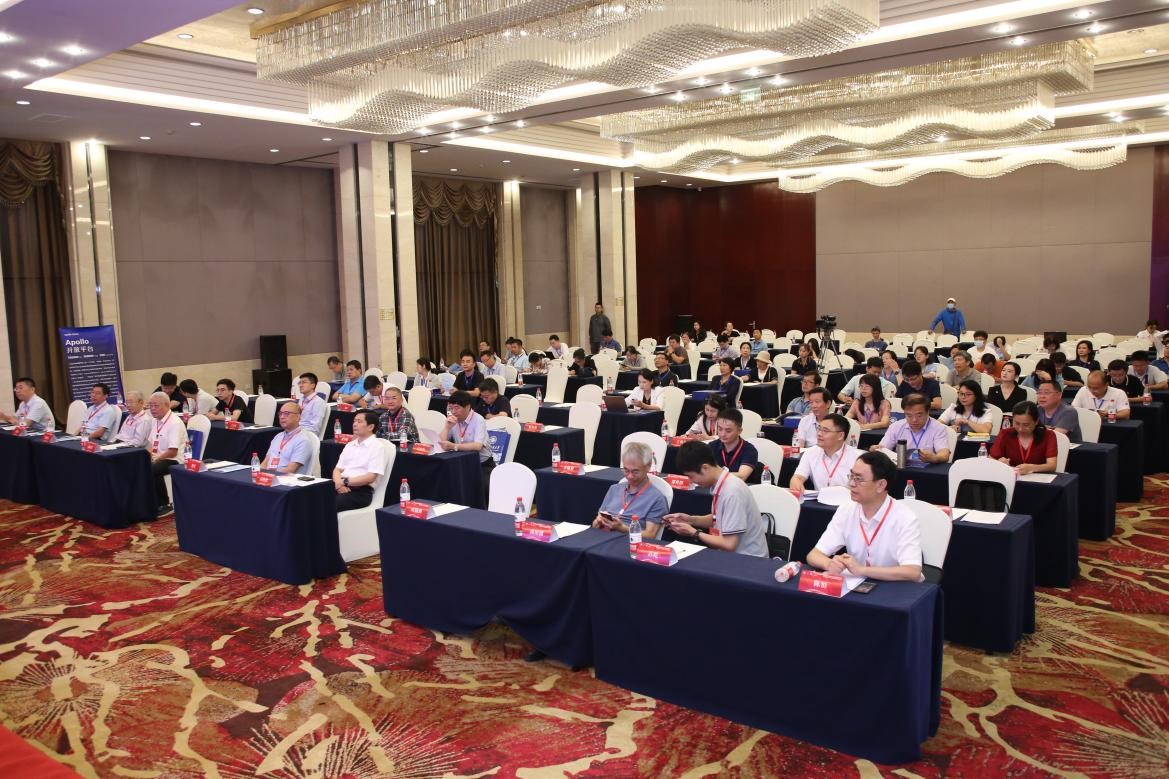
After the ceremony, the attending guests delivered their reports and shared their insights with scholars, teachers, and students from various perspectives and fields. Each guest had an interactive Q&A session after their presentation, and the speakers received continuous applause for their informative speeches.
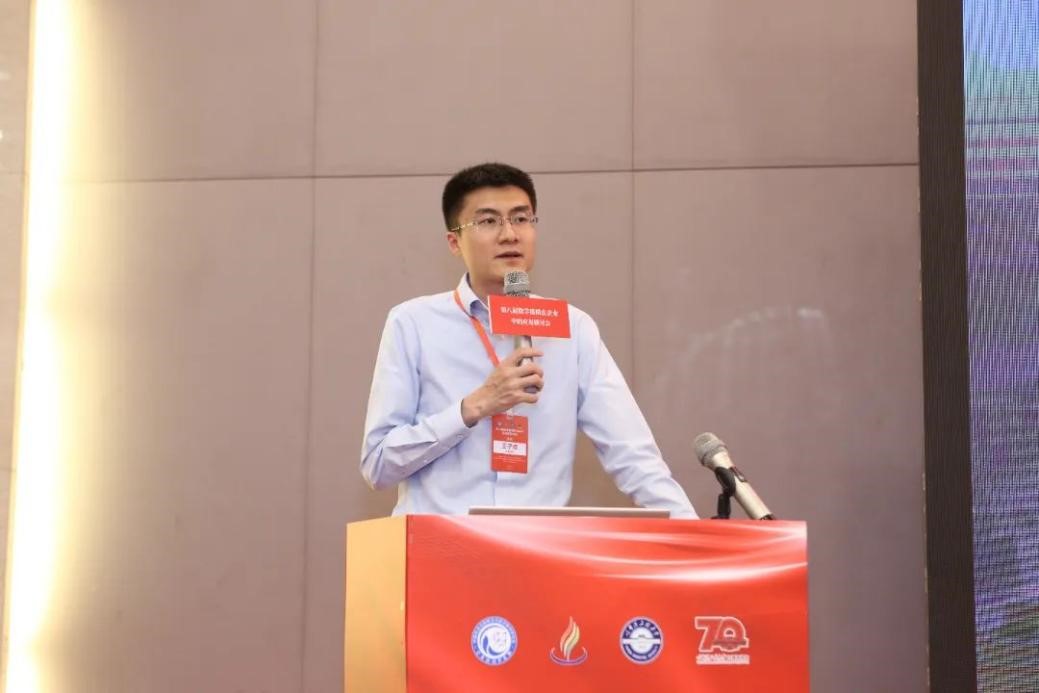
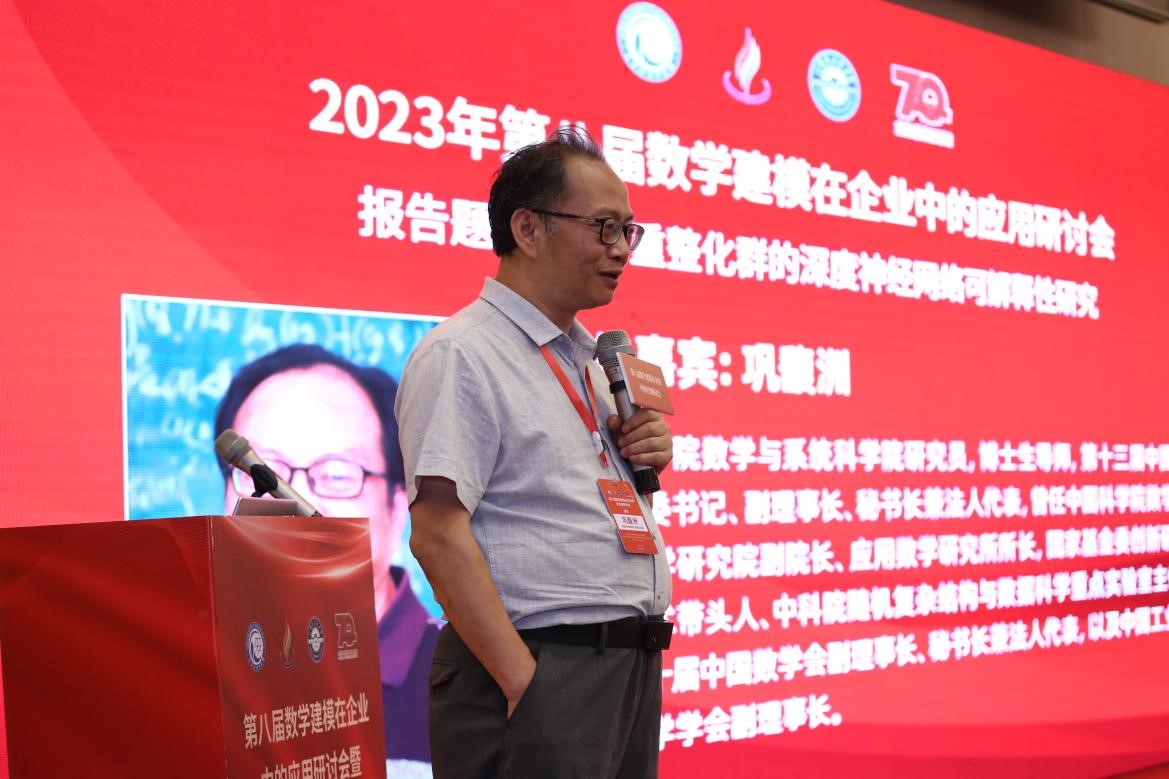

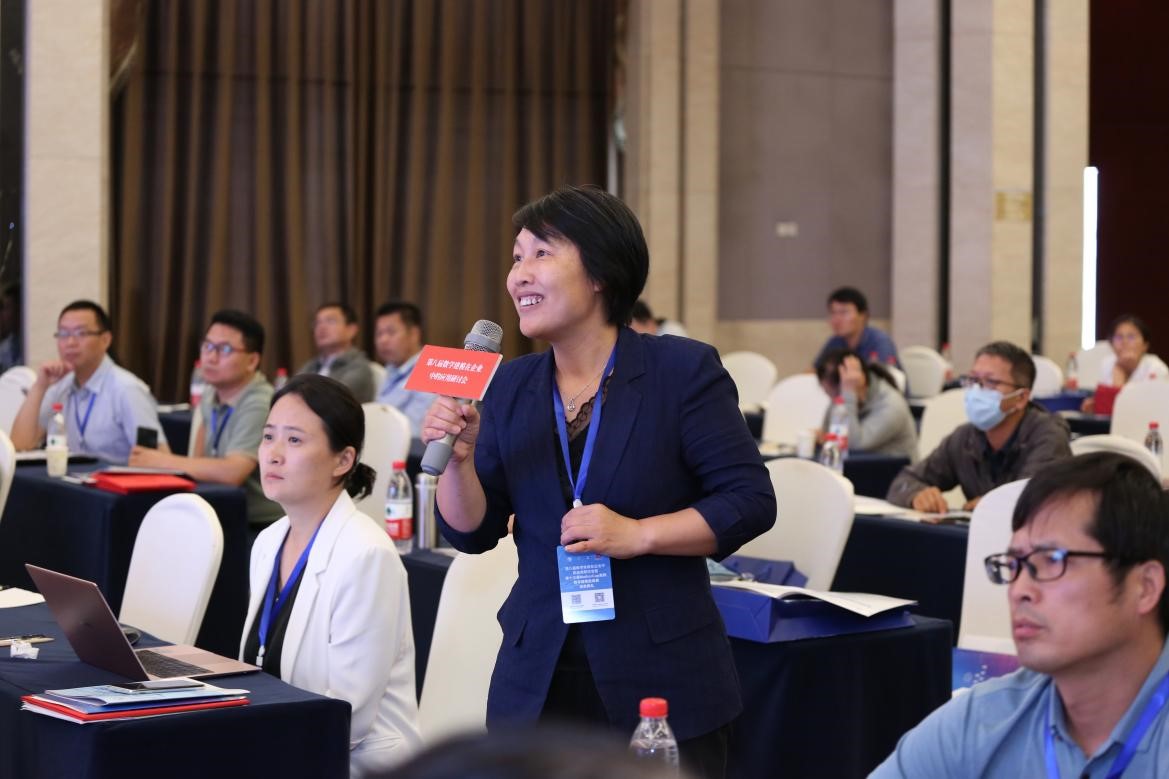
The final session of the seminar was an exciting roundtable dialogue, moderated by Professor WU Qingbiao. The distinguished panelists included LIU Xiang, an expert from JD Logistics, JIANG Wei, the director of Bose Quantum, Professor GAO Xiaofeng from Shanghai Jiao Tong University, Professor MU Ren from JiLin University of Finance and Economics, Associate Professor LIU Tiansen from Harbin Engineering University, and Vice Director JI Xiangting from University Cooperation Department of Baidu. They engaged in an in-depth discussion on the topic of “Talent Cultivation in the Era of Artificial Intelligence”.
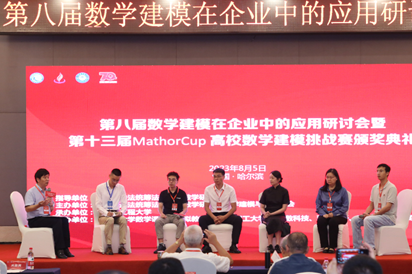

Associate Professor LIU Tiansen expressed his views on talent cultivation in the era of artificial intelligence. Firstly, it is important to identify and understand the gaps between the current stage of talent cultivation in AI and the needs of employers, as well as the reasons behind these gaps. Secondly, it is crucial to comprehensively grasp the demands and goals of AI talent in different types of companies, and align the current talent cultivation in universities accordingly. Lastly, it is recommended to promote cooperative education models between universities and enterprises, such as case-based teaching, seminar-style teaching, flipped classrooms, integration of industry-oriented courses, and integration of entrepreneurship and innovation courses. This will help establish a teaching evaluation system that focuses on students’ practical innovation abilities and gradually build a talent cultivation system based on the collaboration between students and teachers.
The seminar concluded successfully at 12:00 pm on August 6th.
